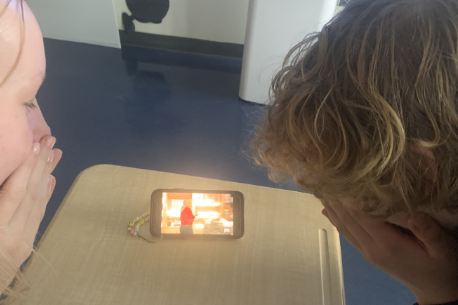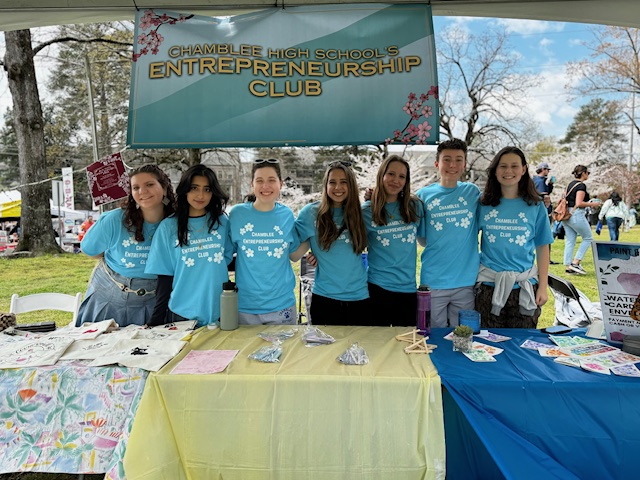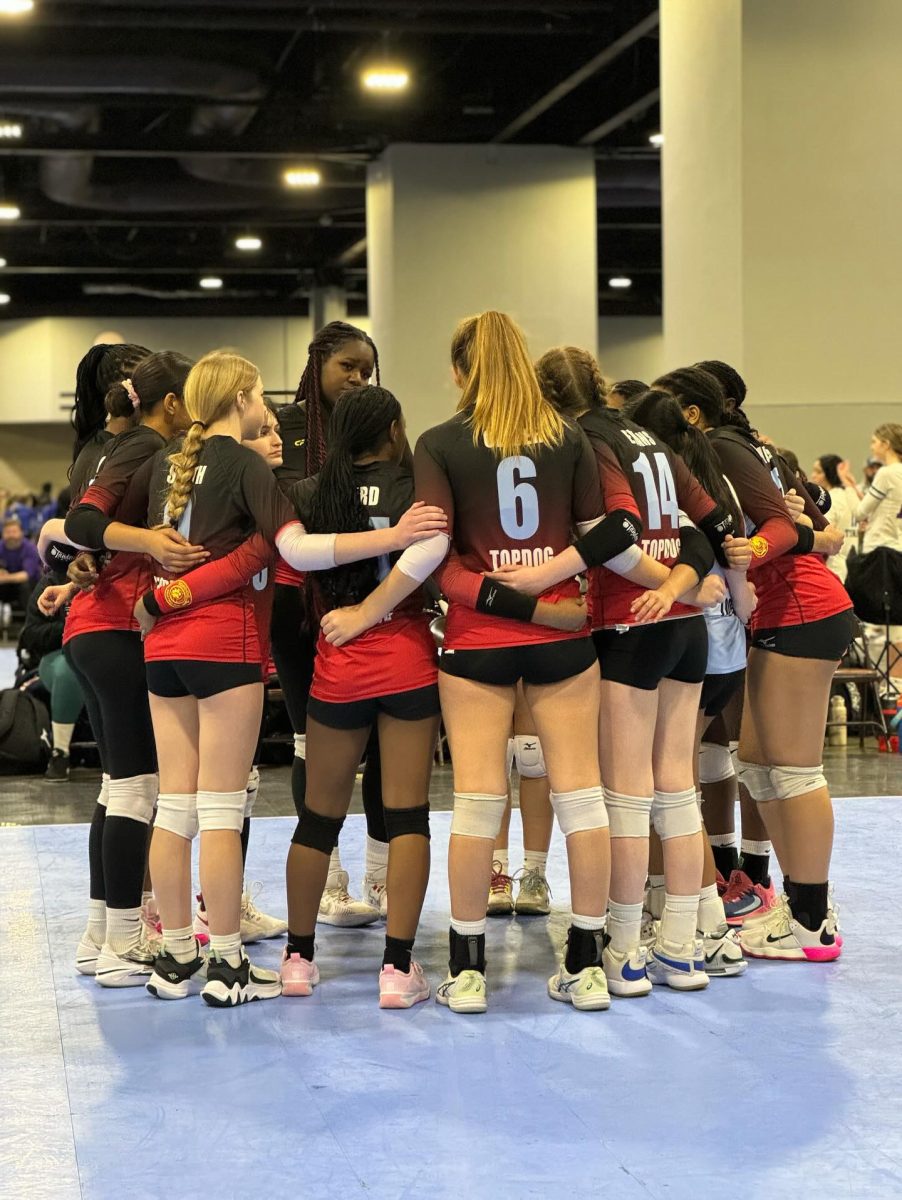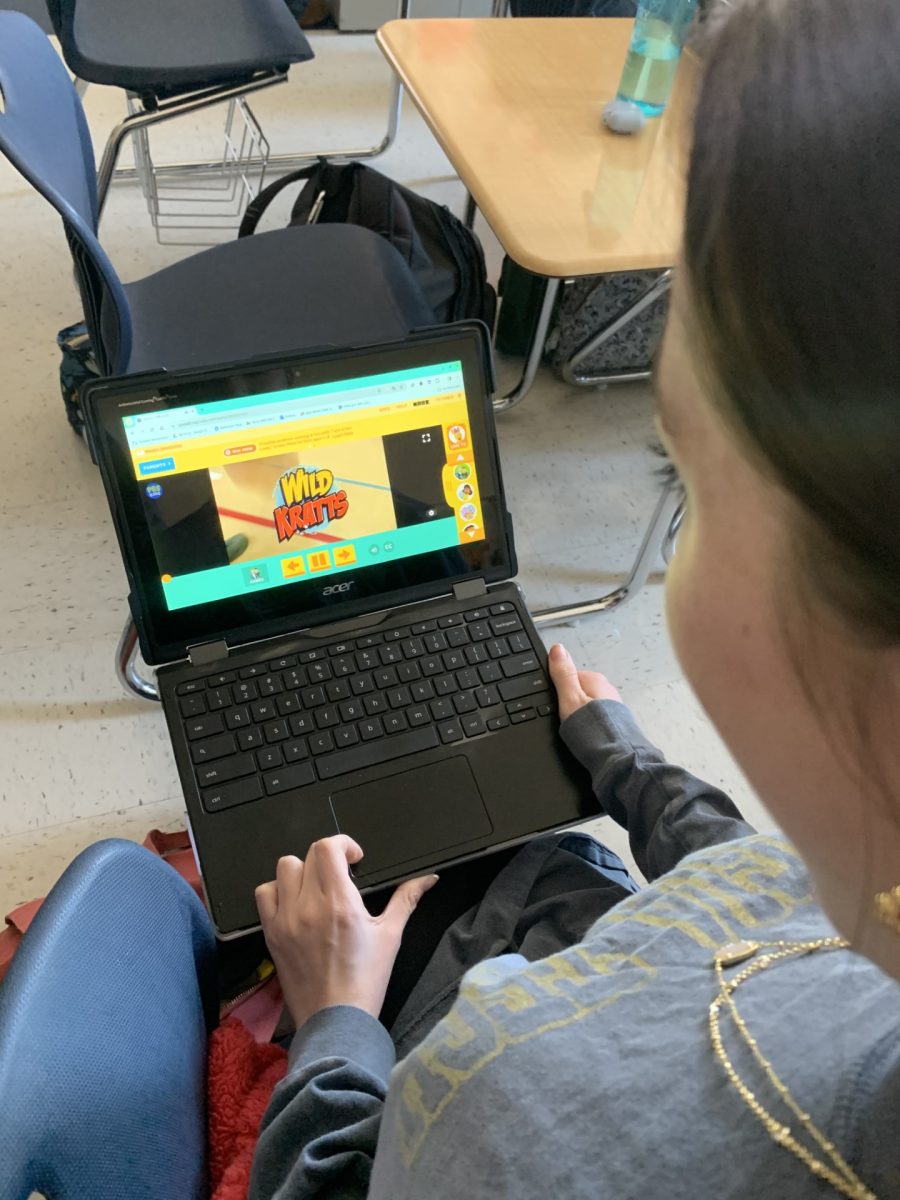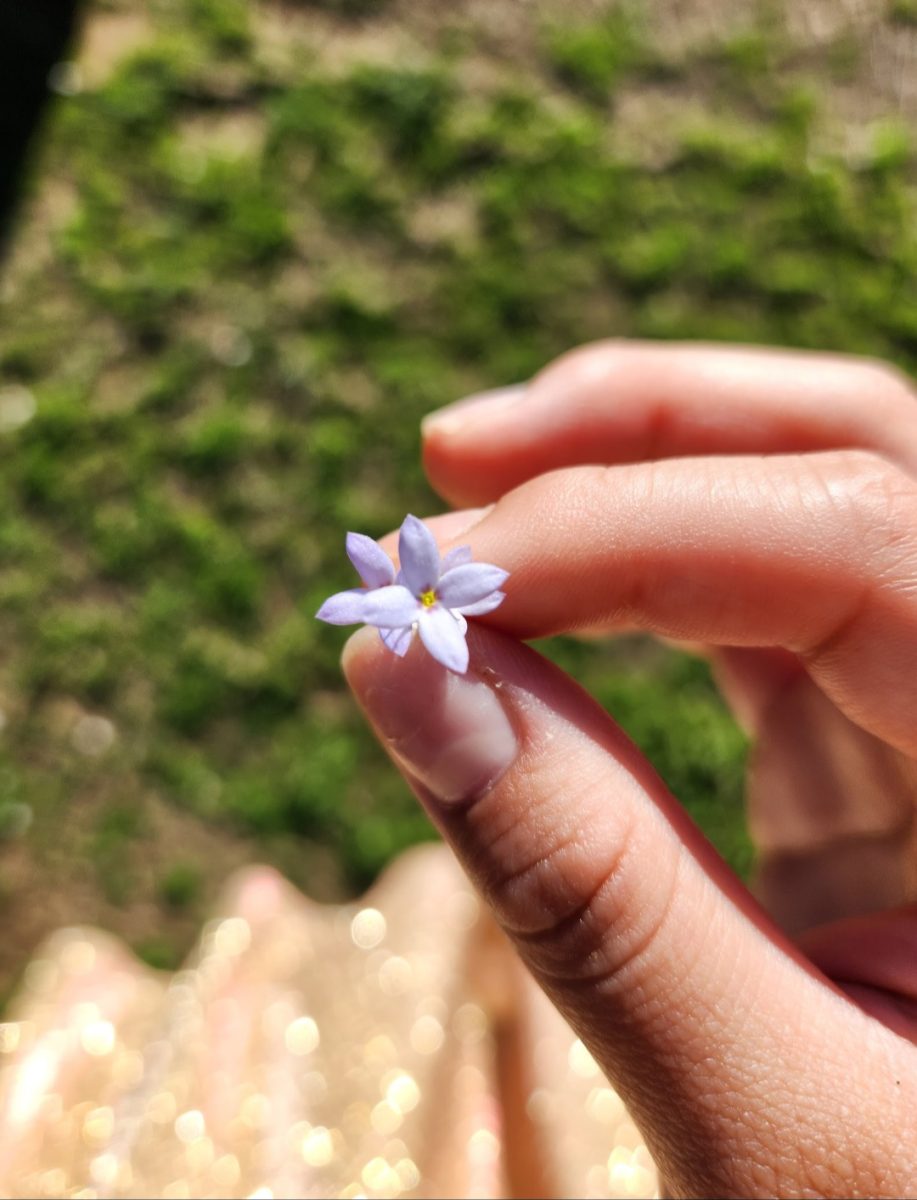Relationship Abuse Walks Our Halls
December 19, 2009
From December 2009:
When the term “relationship abuse” comes up, many students at Chamblee automatically think of a situation similar to Chris Brown and Rhianna; however, this is not the only form that relationship abuse can take.
More teens suffer from emotional abuse than from physical abuse, according to a survey for teens at HelpGuide.org. Emotional Abuse is very common in many relationships in high school and beyond, sometimes to the point where people do not even think that it is out of the normal. However, it still hurts people and makes them lose confidence in themselves.
Out of 50 students interviewed – both males and females – at Chamblee High School, at least 13 said that they had been abused verbally and (or) emotionally by their partner.
“Relationship abuse is just an awkward situation for everyone, not only the couple involved,” said junior Benton Oliver. “When you see it happening there’s nothing you can do, because you don’t want to get involved with it, but you know it isn’t right.”
Abuse does not necessarily have to be cruel words and harmful actions; it could be something much simpler that we see frequently. Emotional abuse can range from verbal actions to cheating on a partner.
“When I found out [about my girlfriend cheating on me] I was really annoyed, mainly because all of my time and effort of trying to keep things going was wasted when there was really no point for me to do that,” said an anonymous student.
Seeing someone cheat in a relationship is something that we as students see every day in school, the media, television, and movies, yet we as students do not even notice because we have become so accustomed to it.
“This girl came into one of my classes and she had a big bump on her wrist,” said senior Alex Coble. “Her friend later told me that she had a boyfriend who hit her.”
Physical abuse is also around in high school, but it is often overlooked and excused. The students who abuse their partner usually do not see a problem with it, and they generally do not even see it as abuse.
“People don’t realize it’s abuse until it’s too late,” said junior Jenny Liu.

